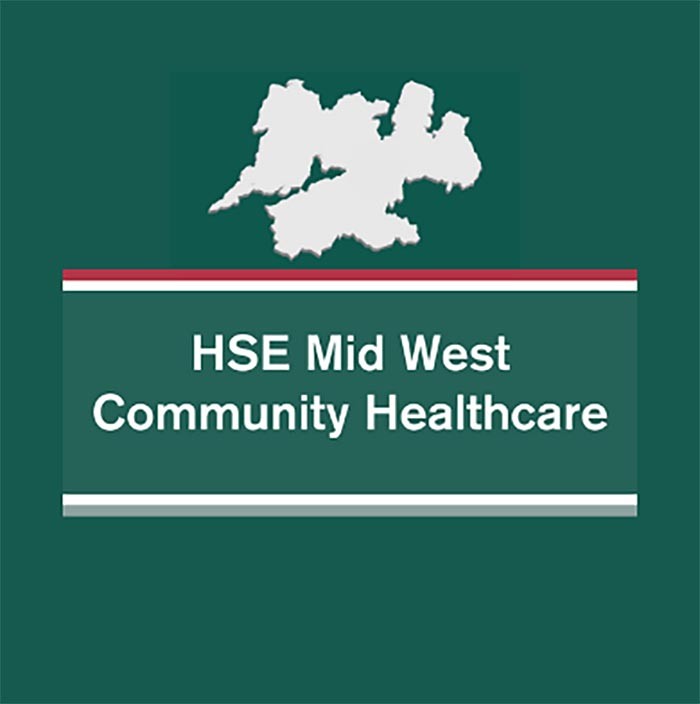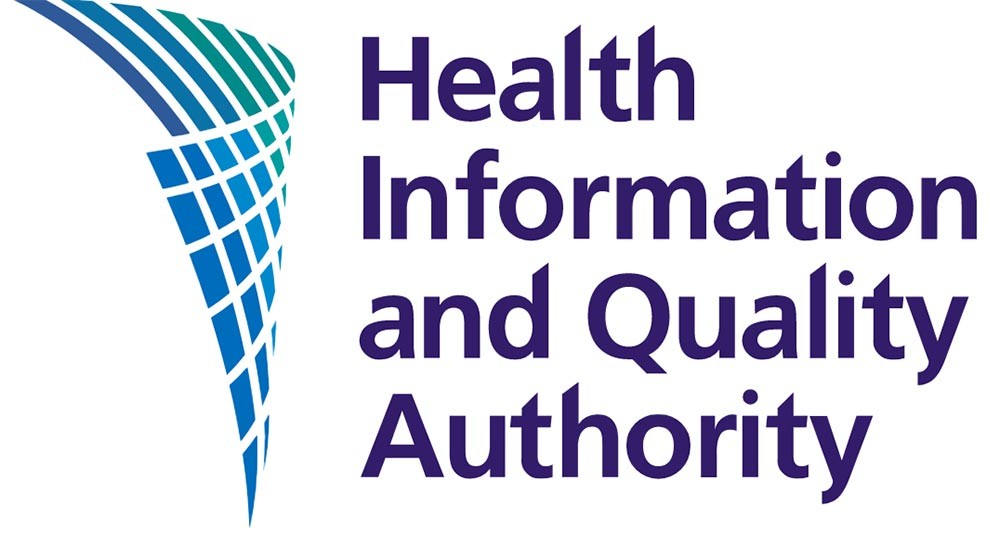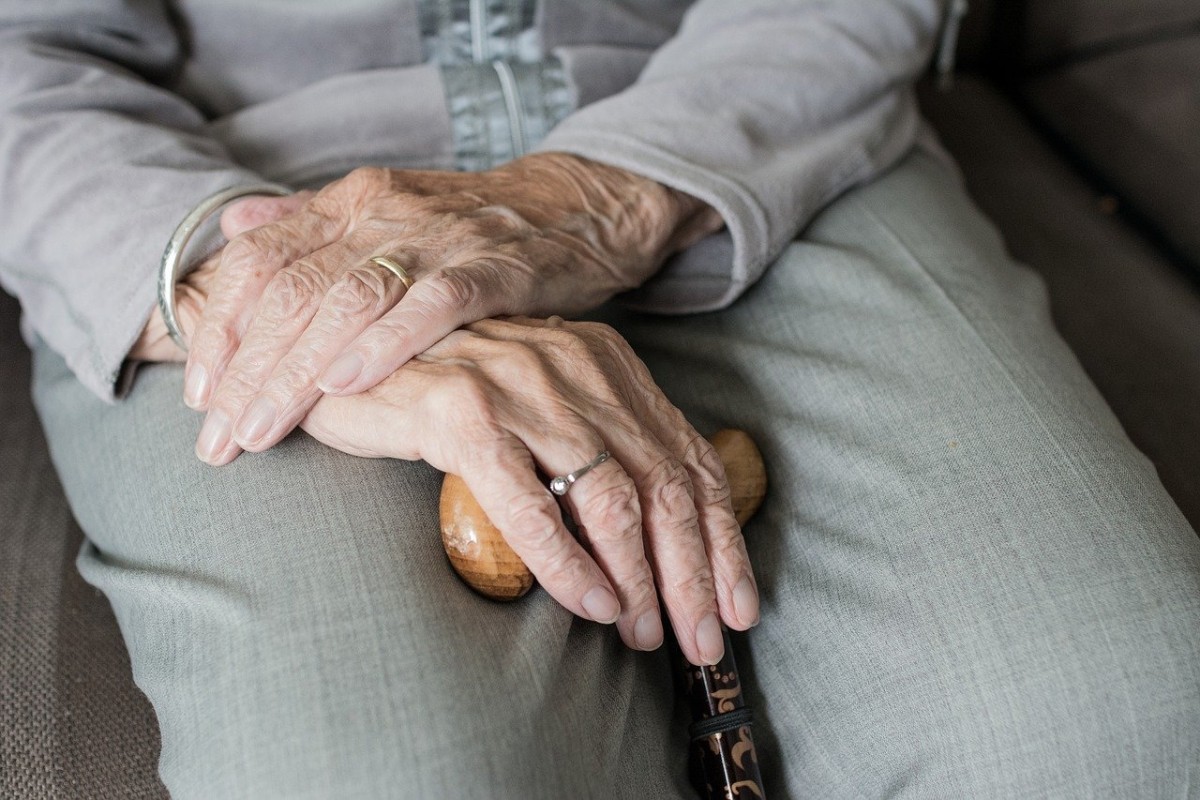
HSE Mid West Community Healthcare has published the findings of an Independent Review commissioned following a Health Information and Quality Authority (HIQA) report of St. Joseph’s Hospital, Ennis.
The HIQA report was published on May 11th, 2021 following an unannounced inspection of the Hospital on March 10th and 11th of that year and identified a number of areas of non-compliance with HIQA standards.
Following the report’s publication, HSE Mid West Community Healthcare commissioned this Independent Review. As part of the Review process, the Independent Team met with management and staff, carried out an extensive review of documentation, toured the Hospital and received submissions from residents, residents’ families and staff.
Findings
The Independent Review Team found that “the care and support residents have received has, over the years, been found to be of good quality” and “the Hospital did manage its way through a pandemic and continued to deliver good care in a highly pressurised environment”. The independent review found “no evidence that operational decisions were taken other than in the best interests of residents and that the primary motivation of staff was to keep all residents safe.”
Recommendations
The Independent Review team have made a total of 13 recommendations (Full list below). HSE Mid West Community Healthcare is committed to implementing each of these in full and a number of actions have already been implemented with further recommendations in progress. (Further details below)
Response
Chief Officer, HSE Mid West Community Healthcare, Maria Bridgeman, has welcomed the publication of the Independent Review. “I want to thank the Review Team for their work, and to assure the people of Clare that HSE Mid West Community Healthcare is committed to continuing to provide high quality care at St. Joseph’s Hospital, Ennis. Implementation of the recommendations will reduce the risk of non-compliance with regulations in the future.
“I know that the media coverage surrounding the HIQA report was upsetting for staff at St. Joseph’s Hospital. This notwithstanding, it is the case that HIQA highlighted high levels of praise for our staff by the residents. This Independent Report also acknowledges and reaffirms that the motivation of staff at all times was to keep residents safe during a difficult time in which they were dealing with an outbreak of COVID-19. St. Joseph’s provides an essential service to the people of Clare, and it remains an integral part of the community. None of this would be possible without the ongoing commitment of our staff and I want to extend my personal thanks and gratitude to each member of staff.”
“We are also looking forward to delivering a new State-of-the-Art Community Nursing Unit for the Ennis area, and I am pleased that we have commenced public consultation on this project, ahead of the formal lodgement of a planning application. With this investment, the HSE will be delivering one of the finest facilities of its kind to the community, enabling us to deliver the highest possible standards of care for the people of Co. Clare for many years into the future.”
Recommendations
Work to implement the recommendations of the Independent Review have commenced and is ongoing, in partnership with management and staff. Refurbishment works have been completed in two units at St. Joseph’s and more minor works are planned. An After Action Review has been conducted and shared with staff, new training procedures have been put in place and additional supports related to the HSE’s mentoring system will be provided for management. New Infection Prevention & Control Practitioners have been trained and this issue is discussed as standard at monthly meetings.

The 13 recommendations are as follows:
Recommendation 1 – Management arrangements should ensure that the design and layout of the centre/units is continuously monitored to fully exploit opportunities to improve the quality of life of residents.
Recommendation 2 – An After Action Review (AAR) of the COVID-19 pandemic/outbreaks should be facilitated, providing an opportunity for the Hospital’s staff to share their experiences and learning.
Recommendation 3 – The Review Team recommends a comprehensive overhaul of the approach to training, implementation of appropriate suite of professionally delivered standard training programmes and the use of online/remote training where appropriate.
Recommendation 4 – A Link Practitioner should be appointed to the Hospital to support its development of effective IPC practices in line with the HSE’s National Programme for Infection Prevention and Control, including the implementation of a comprehensive review of policies and procedures to ensure completion and follow-up of audits.
Recommendation 5 – The Hospital should ensure that its policies, procedures for the identification, assessment and management of risks comply with the HSE Integrated Risk Management Policy (2017).
Recommendation 6 – Appointees to senior positions should be encouraged to access the HSE mentoring system/network.
Recommendation 7 – It is recommended that, at minimum, action points arising/agreed at nurse management meetings are formally recorded. In particular, the issue of instructions to unit management should be recorded and the receipt of any such instructions should be acknowledged.
Recommendation 8 – It is recommended that the terms of reference in relation to the purpose, composition and responsibilities of the Hospital Management Team be reviewed/reaffirmed and that the frequency and business of meetings be streamlined accordingly.
Recommendation 9 – It is in the interest of the service that ADON’s operate/manage as intended and that they have the opportunity to undertake the full range of specified duties. The balance between strict nurse management duties/responsibilities and administrative work (e.g. role in the management of rosters) should, therefore, be reviewed to ensure that nursing and administrative resources/skills are appropriately deployed. (A strengthening of the Resource Room, introducing a mix of administrative and nursing skills, might be considered in this regard.)
Recommendation 10 – While nurse management at unit level enjoy a degree of autonomy and will require flexibility to respond to day-to-day operational pressures, any decision to vary, at unit level, standard hospital processes or procedures should, as soon as is practicable, be brought to the attention of the relevant ADON for review and/or approval.
Recommendation 11 – Audit arrangements should be further streamlined to ensure that the overall programme in place is effective; that duplication is avoided; that audit streams are co-ordinated and that audit recommendations are fully implemented.
Recommendation 12 – To ensure the successful and timely implementation of the Compliance Plan, it is recommended that nurse managers (ADONs and CNMs) contribute to and actively participate in its preparation.
Recommendation 13 – An action plan, developed to address deficits identified in the course of a HIQA inspection, or other quality improvement plan should be informed by and take on board the learning from other sources (e.g. service reviews, incident investigations, national standards, policies, procedures and guidelines).
